LGBTQ people are more likely to be victims of intimate partner violence, especially amid COVID-19 pandemic
Additionally, LGBTQ youth of color more likely to report experiencing dating violence than their white non-LGBTQ peers

A recent report published by the Human Rights Campaign Foundation finds that LGBTQ individuals are more likely to be victims of intimate partner violence than their cisgender counterparts, and that LGBTQ youth of color are more likely to be victims than their non-LGBTQ white peers.
The report also finds that social distancing measures being taken to protect against COVID-19, as well as the economic fallout from the pandemic, may be exacerbating the problem by forcing victims into close contact with their abusers and cutting off ties to the outside world.
“Our isolated environment, as well as the numerous financial and additional stressors brought by COVID-19, creates an increased risk of intimate partner violence — a risk which is that much higher for LGBTQ people,” HRC Legal Director Sarah Warbelow said in a statement. “COVID-19 has impacted the financial stability and wellness of individuals and families everywhere. Advocates, lawmakers and the general public must seriously consider the impact this pandemic has had on the rates of interpersonal violence and look to ways to address this issue from a legislative, data and cultural level.”
Specifically, the report finds that 44% of lesbians and 61% of bisexual women report having experienced rape, physical violence, or stalking by an intimate partner, compared to 35% of heterosexual women. The report cites statistics from the 2015 U.S. Transgender Survey finding that 54% of transgender and nonbinary respondents have reported experiencing intimate partner violence at some point in their lives.
According to the Centers for Disease Control and Prevention’s Youth Risk Behavior Survey, 7% of non-LGBTQ respondents reported experiencing physical dating violence, and 8% experienced sexual dating violence. But data from that survey indicate that 18% of LGBTQ respondents have experienced physical dating violence and 16% have experienced sexual dating violence.
Among LGBTQ youth of color, 19% of Black respondents, 20% of Native American respondents, 13% of Asian respondents, and 16% of Latinx respondents have experience physical dating violence, compared to only 6% of non-LGBTQ white youth.
The report finds that the isolated environment caused by social distancing measures to reduce the spread fo COVID-19, coupled with the financial strain experienced by people who are either unemployed or working reduced hours, and other forms of stress, creates an environment where victims of intimate partner violence are at the mercy of their partners, with few outlets where they can seek help.
See also: HRC: LGBTQ people experiencing greater economic impact from COVID-19
According to HRC Foundation’s research, LGBTQ adult workers are twice as likely to work in industries that were severely affected by the pandemic, increasing the likelihood that they are experiencing financial stress. LGBTQ people also express lower rates of satisfaction with their financial situation, with only 21% saying they are satisfied with their financial situation, compared to 33% of non-LGBTQ adults, meaning the economic fallout from COVID-19 is likely to disproportionately affect LGBTQ people.
According to data collected by PSB Research and HRC, rates of intimate partner violence are increasing in frequency and magnitude during the pandemic. LGBTQ people are twice as likely to have experienced an incident of intimate partner violence since the onset of COVID-19. Notably, while 68% of those reporting incidents of violence since the onset of COVID-19 said the pandemic has increased the duration and frequency of that violence, that number rises to 77% among LGBTQ victims.
To address the high rate of intimate partner violence in the LGBTQ community, HRC is calling on Congress to reauthorize the Violence Against Women Act and ensure that explicit protections for the LGBTQ community, which were included in the 2013 reauthorization, remain intact. HRC is also calling for law enforcement and health care workers to develop cultural competency in dealing with LGBTQ victims.
The U.S. Department of Justice previously identified that gender bias may result in law enforcement officers providing a form of less protection to certain victims on the basis of gender, failing to respond to crimes that disproportionately harm a particular gender, or offering less robust services due to a reliance on gender stereotypes. This, in turn, can result in misclassification or under-reporting of incidents of sexual assault and intimate partner violence.
Read more:
Gay teen stabbed, tortured by Jeffrey Dahmer fan during Grindr date
D.C. to install rainbow art at 17th and P Streets NW to mark Pride Month
WATCH: Lyft passenger caught in racist, homophobic rant after refusing to wear mask
Support Metro Weekly’s Journalism
These are challenging times for news organizations. And yet it’s crucial we stay active and provide vital resources and information to both our local readers and the world. So won’t you please take a moment and consider supporting Metro Weekly with a membership? For as little as $5 a month, you can help ensure Metro Weekly magazine and MetroWeekly.com remain free, viable resources as we provide the best, most diverse, culturally-resonant LGBTQ coverage in both the D.C. region and around the world. Memberships come with exclusive perks and discounts, your own personal digital delivery of each week’s magazine (and an archive), access to our Member's Lounge when it launches this fall, and exclusive members-only items like Metro Weekly Membership Mugs and Tote Bags! Check out all our membership levels here and please join us today!










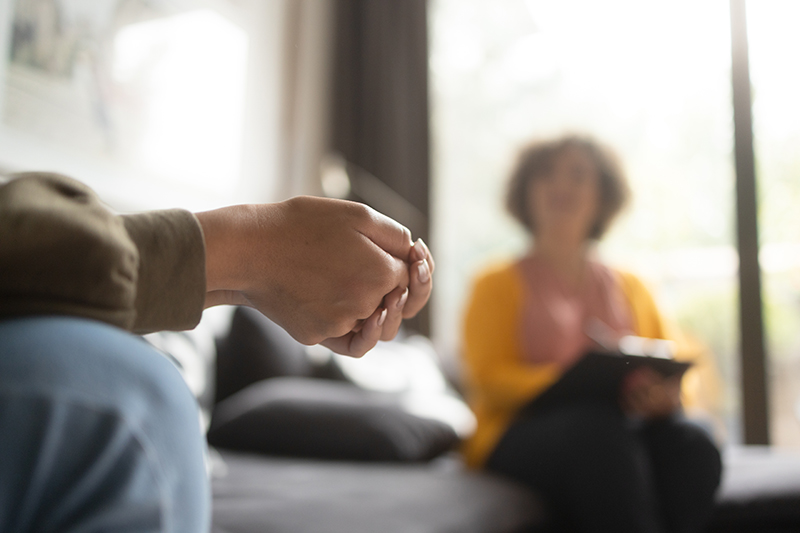
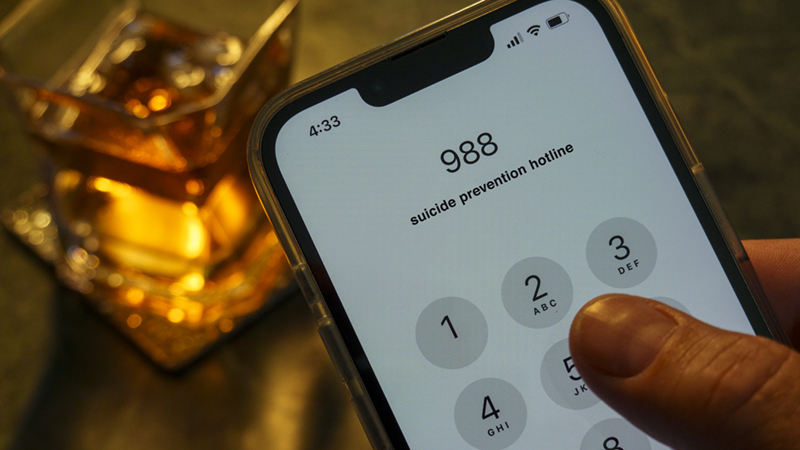















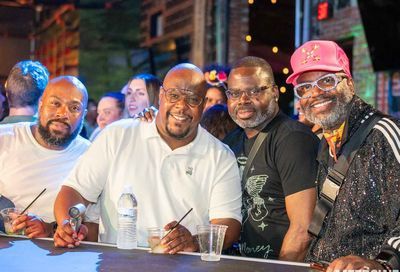
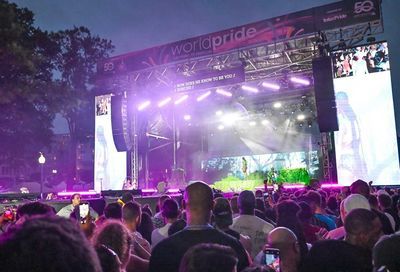
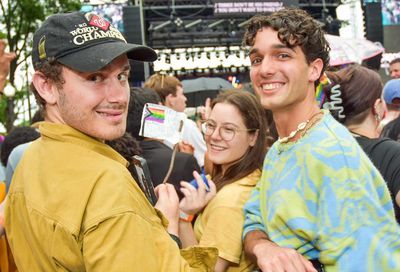
You must be logged in to post a comment.